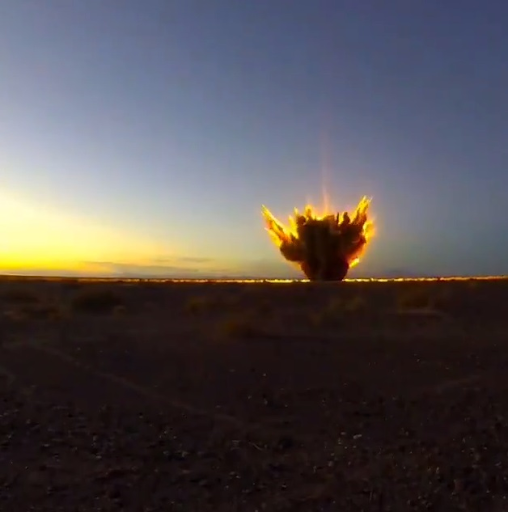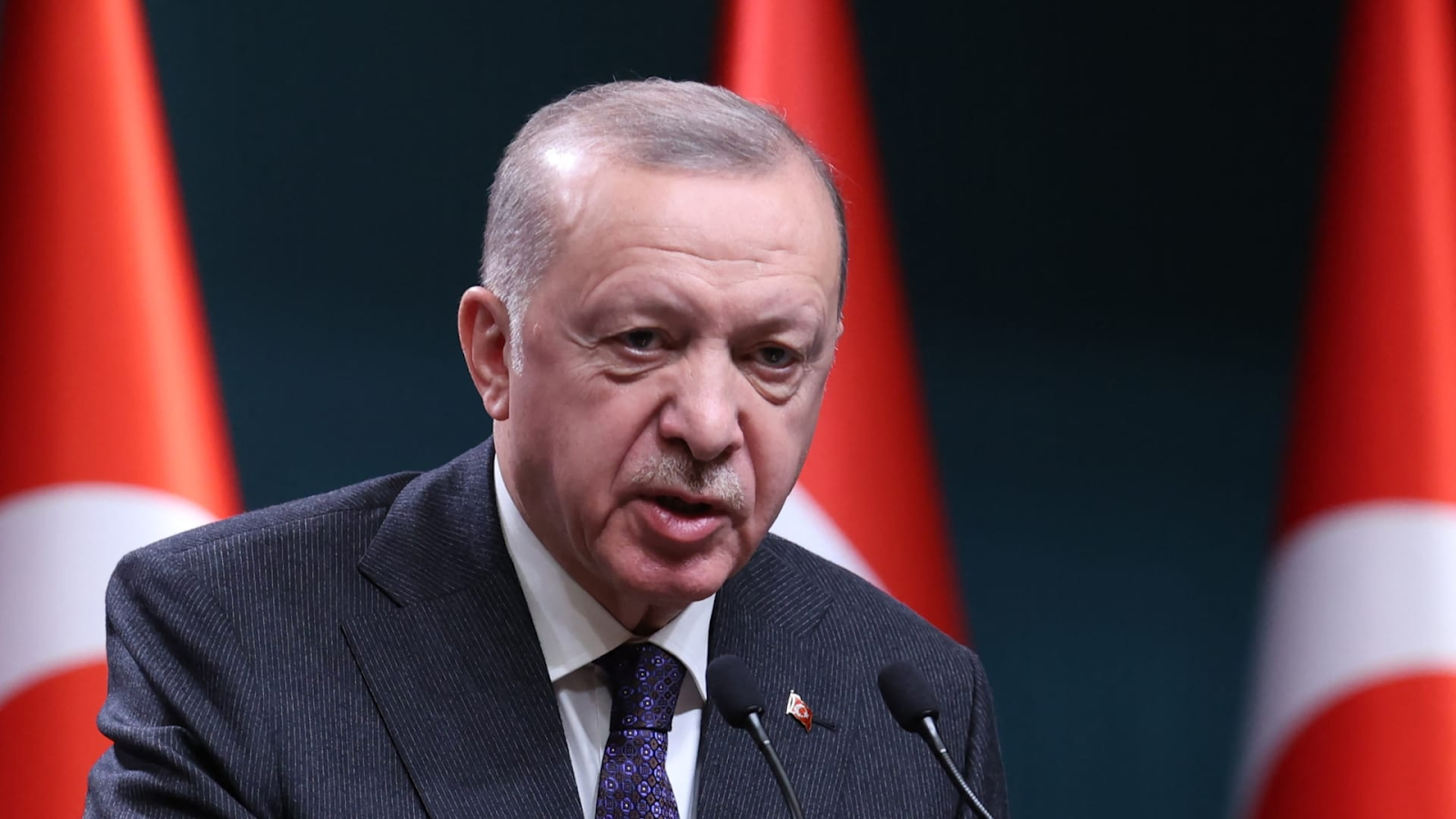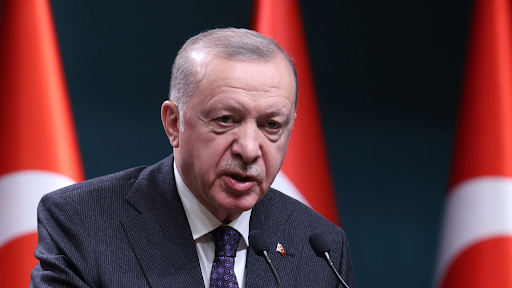
In the News: France and Germany Condemn U.S. Foreign Policy as “New Colonialism” and “Robber’s Den”
January 9, 2026 — Paris and Berlin
In a rare and forceful rebuke of U.S. foreign policy, the presidents of France and Germany have issued sharp criticisms of Washington’s recent actions under President Donald Trump, warning that America’s shift away from multilateralism and international norms threatens to unravel the postwar global order.
Speaking before France’s diplomatic corps at the Élysée Palace on Thursday, President Emmanuel Macron lamented what he described as a “gradual turning away” by the United States from its traditional allies and the very international rules it once championed. Macron characterized the current trajectory of U.S. diplomacy as exhibiting “a new colonial aggressiveness,” asserting that the world is increasingly dominated by great powers tempted to carve it up among themselves.
“The U.S. is an established power, but one that is gradually turning away from some of its allies and breaking free from the very international rules that it was until recently promoting,” Macron said. He added that multilateral institutions are “functioning less and less effectively,” and urged reform of the United Nations—calling on the G7 and major emerging powers to help reshape a faltering international system.
Macron’s remarks come amid growing European unease over a series of unilateral U.S. moves, including last weekend’s dramatic raid in Caracas that led to the capture of Venezuelan President Nicolás Maduro, and President Trump’s long-stated ambition to acquire Greenland—an autonomous territory of Denmark. Though Macron did not explicitly name these incidents, diplomats and analysts widely interpreted his comments as a direct response.
Across the Rhine, German President Frank-Walter Steinmeier, himself a former foreign minister, delivered an equally stark warning Wednesday evening during a public forum. Steinmeier said the international order is suffering a “second historic rupture”—the first being Russia’s annexation of Crimea and full-scale invasion of Ukraine. The second, he argued, stems from the erosion of democratic values by none other than America, “our most important partner,” which helped construct the very system now under threat.
“The world must not be allowed to descend into a robber’s den,” Steinmeier declared, “where the most unscrupulous take whatever they want, and entire regions or nations are treated as the private property of a few great powers.”
Both leaders emphasized the urgency of defending a rules-based international order while navigating the delicate balance of maintaining the transatlantic alliance. Europe, caught between upholding international law and preserving its strategic and economic ties with the U.S.—especially in the context of the ongoing war in Ukraine—has struggled to formulate a unified response to Washington’s increasingly assertive and unilateral foreign policy.
Macron underscored France’s push for “greater strategic autonomy” and reduced dependence on both the U.S. and China—a vision increasingly shared across European capitals. “We reject new colonialism and new imperialism,” he said, “but also vassalage and defeatism.”
The simultaneous but apparently uncoordinated condemnations from Europe’s two most influential powers mark a significant escalation in transatlantic tensions. As the Biden-era emphasis on alliances and multilateralism appears to give way to a more transactional and expansionist approach under Trump’s regime, European leaders are signaling they may no longer accept U.S. leadership uncritically—and may act independently to safeguard global norms.



























.jpg)


















































